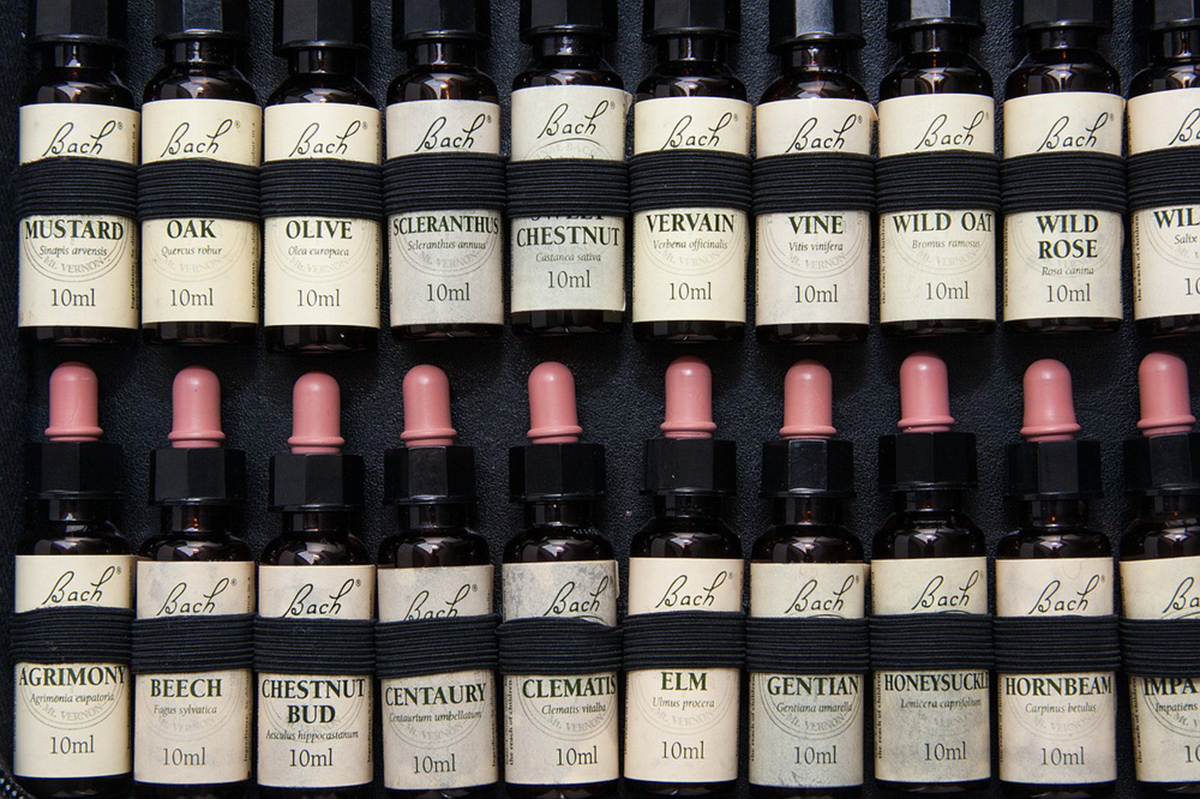Table of Contents
Does homeopathy work, then? Or is it just another way people have found to make money? In order to tell if homeopathy works, we should have evidence indicating the effects of a certain homeopathic treatment. Several clinical trials have been carried out to determine both the efficacy and safety of homeopathy, but unfortunately, the evidence that has been gathered until today is not conclusive.

Homeopathic treatments should be assessed differently, so homeopaths say
Homeopaths argue that since this practice is not a conventional one, it can’t be evaluated as an allopathic treatment; others have gathered information taken from trials that indicate that homeopathy does have an effect on disease, comparable to allopathic medications. Nevertheless, almost every trial lacks of correct design and data analysis, so results taken from them can't be relied on.
The first concept that is difficult to believe is the use of extreme dilutions of the curative substances that homeopaths use to treat a certain illness. There are studies that use analytical techniques that have identified the presence of particles in homeopathic remedies. However, chemists believe that even when the presence of particles can be demonstrated, this does not mean that they are still active and useful at such small amounts.
The placebo effect
Why are there so many cases of successful homeopathic treatments then? This may be due to a placebo effect exerted by the treatment as a whole. If you have been to a homeopath, you would have noticed that the way homeopaths approach a patient is rather different to the way conventional physicians do.
Holistic approach is the term used for this kind of treatment, which focuses on the patient as a whole and not just as a set of clinical signs and symptoms.
By taking this holistic methodology, so to speak, the homeopath engages the patient's emotions and feelings, which can reduce stress levels that may be affecting the patient's physiology.
I certainly aplaude these side of homeopathy. I don't think that we, as humans, can separate our emotional side from our anatomical and physiological components. Our emotions certainly affect the way our body responds to diseases, and feeling blue can certainly cause stress in our body systems and make it more prone to certain illnesses.
What I don't approve is the way homeopathy is sold to patients. I know people that uses alternative treatments to complement the one that was prescribed by a physician. However, certain homeopaths may suggest patients to completely forget about conventional medications and use homeopathy to cure whatever disease they suffer from. This could pose a very delicate ethical issue:
See Also: Does It Make Sense To Treat Cancer With Homeopathy?
From my point of view, there is still evidence required to establish the efficacy and the safety of homeopathy. Until then, I firmly believe that this practice has no strong grounds to be used on people, but I understand why someone would prefer it over conventional Medicine. My only advice to you is to read about it and gather as much information as you need, before choosing an alternative option to treat your illness.
- LINDE, K., JONAS, W. B., MELCHART, D. & WILLICH, S. 2001. The methodological quality of randomized controlled trials of homeopathy, herbal medicines and acupuncture. Int J Epidemiol, 30, 526-31
- LOUDON, I. 2006. A brief history of homeopathy. J R Soc Med, 99, 607-10. RUTTEN, L., MATHIE, R. T., FISHER, P., GOOSSENS, M. & VAN
- WASSENHOVEN, M. 2013. Plausibility and evidence: the case of homeopathy. Med Health Care Philos, 16, 525-32.
- Photo courtesy of tinpalace by FreeImages : www.freeimages.com/photo/538382
- Photo courtesy of stux by Pixabay : pixabay.com/en/bach-flower-therapy-therapy-187799/


Your thoughts on this